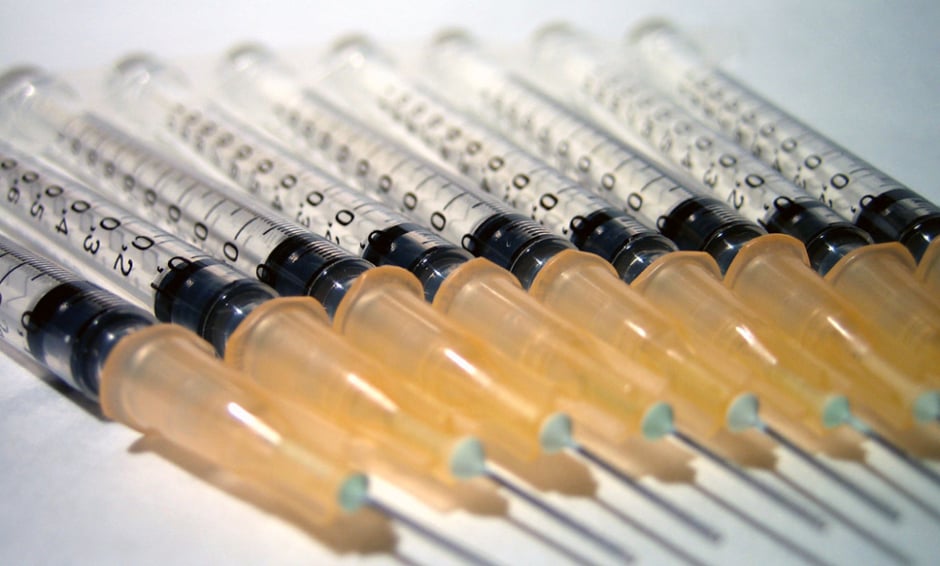HUMAN PAPILLOMAVIRUS (HPV) is estimated to be accountable for >90% of cervical and anal cancers, ~70% of vaginal and vulvar cancers, and >60% of penile cancers. HPV is currently the most common sexually transmitted infection, affecting ~79 million Americans each year. Administration of a three-dose series of the HPV vaccine to all children aged 11–12 years has been shown to reduce the prevalence of HPV-caused cervical cancer by 64% in females aged 14–19 years in the USA. The success of the vaccine is limited by the uptake rates; only 42% of girls and 28% of boys aged 13–17 years complete the vaccination course. A new study carried out by Dr Teri Malo, Lineberger Comprehensive Cancer Center and Department of Health Behavior, Gillings School of Global Public Health, University of North Carolina, Chapel Hill, North Carolina, USA, has linked the language used by doctors when recommending the vaccine to an increased vaccine uptake.
The researchers conducted a national survey of >1,500 parents, asking whether any of the six brief and nine longer messages produced by the Centers for Disease Control and Prevention (CDC) would increase their likelihood of pursuing the HPV vaccination for their children. The results showed that 70% of parents were more likely to seek out a vaccination programme after receiving messages from their doctors that highlighted the effectiveness of the vaccine, while 65% of parents were convinced by messages detailing the safety of the vaccine. The most effective brief message was: “I strongly believe in the importance of this cancer-preventing vaccine for [child’s name]”, endorsed by 65% of parents and 69% of physicians.
The authors acknowledged that the study was limited by the scope of the survey and the self-reporting nature of the questionnaire, but suggested that the results highlight the importance of communication between patient, or in this case their parent, and doctor. Targeted communication could result in a vast increase in HPV vaccination course completion, greatly reducing the number of cancer cases caused by the HPV infection. Dr Malo aims to continue her research and stated: “This finding really highlights the important role that parent-provider communication can play in increasing HPV vaccination.”
(Image: freeimages.com)








